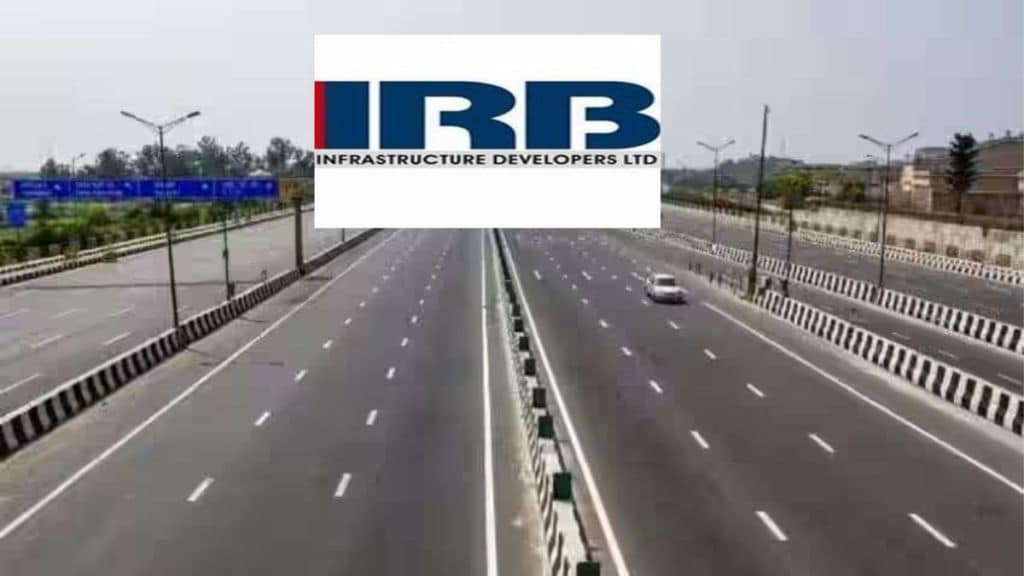The government’s push for private participation in highways has got IRB Infrastructure Developers to commit the largest share of its investments in the current financial year for adding road capacity through Build Operate Transfer (BOT) mode.
The company is looking to invest around Rs 10,000 to Rs 12,000 in 2024-25 of which around Rs 8,000 crore will be via BoT route, and around Rs 4,000 crore for acquiring operational highway assets through Toll Operate Transfer (ToT) mode, Director Investor Relations at IRB Infrastructure Anil Yadav said.
Singapore’s GIC is the partner of IRB in ToT and BoT projects. This reduces the equity contribution of IRB to 51% and GIC brings the remaining 49% in these projects.
In the just concluded financial year 2023-24 the company had invested around Rs 20,000 crore in roads. It acquired two bundles of highways that were monetised by National Highways Authority of India (NHAI) for Rs 6,111 crore.
The company believes BoT will come back in a big way this financial year as the economy is expected to enter a lower interest rate regime which will make Hybrid Annuity Model (HAM) less attractive. HAM accounts for 35-40% of highway projects awarded last financial year. BoT has been languishing for the past many years accounting for less than 5% of awards. Last year no projects under BoT were awarded.
In HAM the government pays 40% of the cost of construction at the time of implementation of the highway project and the rest 60% comes from the private developer. The 60% that the developer has invested in a project is paid back to him by the government over 15 years. The annuity payments also include interest payment which is fixed at three percent over bank rate. When the bank rate will come down the annuity payments will also reduce.
“While HAM may seem appealing to some due to its lower equity requirements (because the developer has to pay just 60% of the project) but has a low Internal Rate of Return (IRR), there are significant risks associated with it,” Yadav said.
Another reason the BoT will pick up is because of the changes that have been made in the Model Concession Agreement (contract document), he said.
“The recent modifications in concession agreements signal a positive shift towards fostering investor confidence and enhancing project bankability. With streamlined clauses and robust compensation mechanisms, these agreements are poised to attract a diverse pool of investors, including sovereign wealth funds, thereby catalysing infrastructure development and fueling economic growth,” Yadav added.
According to him, instead of 10% of highways being awarded through BoT, which is the government target, this financial year the actual award through this mode could touch 15%.
The government has come out with a list of 900 km of highways that are to be built through BoT with an estimated investment of Rs 2.1 trillion. Most of the stretches on the list will get awarded this year, the IRB official said
IRB owns and manages 15,000 lane km of roads across 12 states of India. These roads are being managed through BoT, HAM and ToT. It also has a IRB InvIT Fund.

